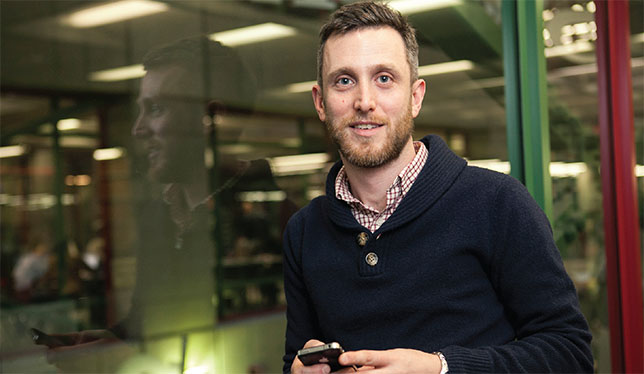At a time when publishers and libraries are grappling with economic pressures, Concordia University has jumped into the fray, launching its own scholarly press that will operate out of the university library.
Concordia University Press is Quebec’s first fully open access academic press and will publish books in English and French. The goal, according to university librarian Guylaine Beaudry and editor-in-chief Geoffrey Little, is to create a sustainable operation for research dissemination in the arts, humanities and social sciences by offering online access to ebooks free of charge.

The venture, which officially launched Oct. 27, emerged from a sense of urgency and a desire to create new options, explains Dr. Beaudry. “Libraries are in a very difficult situation. More than 50 percent of journals are controlled by five publishers, and these publishers are creating an oligopoly in the market. That is putting pressure on the libraries, and now we see that we have less and less money in our budget for books.”
Concordia University Press provides another outlet for scholars to publish their findings in a monograph and not just in journals, Dr. Beaudry says. “As librarians and members of the university community, we value the book as a scholarly genre.”
The press is set to publish four titles in 2017 and 10 titles annually by 2022. “We’re in the process of learning and adjusting the model with a long-term vision,” she says. “We’re conscious that it’s the reputation of a new publishing house that we’re building. If we don’t have that, in five years we can turn off the lights and go home.”
Because the business model of an open access press is not driven by projected sales, an early commitment of $150,000 from the Birks Family Foundation and $100,000 from alumnus Brian Neysmith proved critical for establishing the initiative. The funds will go largely toward production costs. The press also expects to sell some print editions in addition to producing free ebooks.
In the past decade in Canada, Athabasca University and the University of Calgary have also opted to run fully open access presses. The success of open access publishing depends on overcoming a number of challenges related to distribution, accessibility and discoverability of ebooks. To that end, Mr. Little says Concordia University Press is in talks with distribution platforms that have met with success abroad.
“What we want to be able to demonstrate to authors, funders, administrators and readers is a book’s impact, which you can’t judge simply by the number of downloads or hits. I think those metrics have become a little more sophisticated even in the past year and a half,” he says.